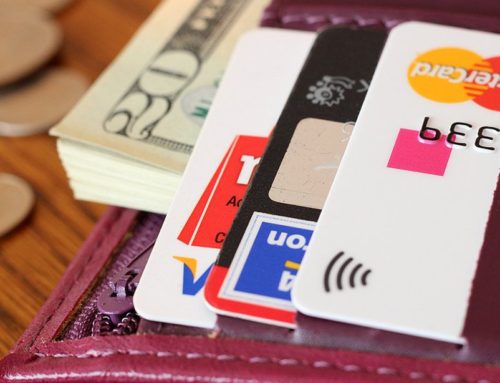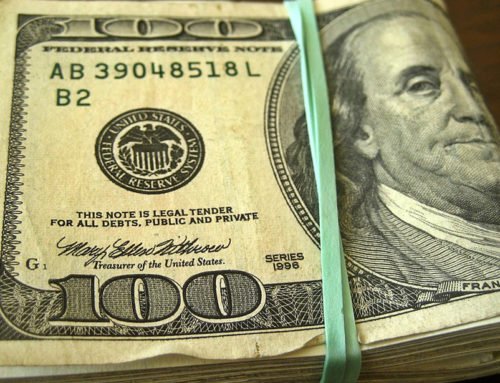Humans are creatures of habit. We go to sleep and wake up the same time every day. We subconsciously grab our phones when we get two free seconds. We might even find ourselves driving the wrong direction because we’re used to going somewhere else. And just like everything else, we get into habits with spending and lifestyle.
People don’t realize it consciously, but money dictates how we go through almost anything in life. Compensation dictates your entire lifestyle – where you live, what you eat, what you do for fun, and how you present yourself. If you are working a lower wage job, starting a business, or going through other miscellaneous struggles, self-control is obviously a necessity. The problem is, however, because people live so habitually, it is easy for people who may be experiencing struggles to continue living as though they are not struggling because they were more comfortable previously. On the flip side, success can build new habits, and often times for the worse. Instead of retaining previous lifestyle with higher levels of income, many people voluntarily beef up their expenses to match their new lifestyle.
This type of behavior leads to higher amounts of debt and paycheck-to-paycheck living. Whether it be through struggle or success, people’s lives hinge on credit cards to be able to keep material things in their life. Both struggling and successful people may buy things that are out of their reach to make themselves feel more successful or portray themselves as being of higher status and income. While the higher income person may have the means to pay credit balances down or completely off the following month, they are taking away opportunities to get ahead in life via savings or investment.
So how do people combat these things? How do you change your ways and live within your means? My advice is running your life like a business. Just like a business, you will have your income and expenses and the ultimate goal of making more than you spend, finding stability over time, and growing year by year. When considering this concept, there are a handful of tactics and philosophies that need to be understood and implemented.
Ultimately, appropriate money management leads to properly managed expenses and the achievement of long-term success. This has three implications for personal finance:
- You have to cut costs in one area to increase in another
- If income is low, there is less room for expansion or discretionary expenses
- In order to stay in business, stay out of debt
You Have to Cut Costs
This is a simple concept. Money is finite, and if you want to increase spending in one place, you have to limit another. This concept applies directly to personal finance – if you want to spend more money on entertainment like concerts or movies, you should cut costs on things like going out to eat. This is, of course, the money that you have left over after your housing and general living costs. Money here should, theoretically, be spent after saving and investing, but that’s just my two cents.
If Income is Low, There is Less Room for Expansion
In business, this would mean that basically if the business is not making enough money, it is unable to increase spending on new operations to make more money. This is how personal spending should be treated as well. If your income is low, although you might be able to pay bills, you won’t have the ability to expand your “life operations” and spend money on luxury items or unnecessary things.
In Order to Stay in Business, Stay Out of Debt
Debt is a necessity for a lot of companies, but at great risk. Companies go into debt to expand or simply pay for things that they don’t have the cash for. This is how regular people operate, too, but there’s a difference: going into debt as a business generally results in higher income. People do not have this luxury unless they know that they are getting a substantially better job and go into “celebratory debt.” For a vast majority of people, getting into debt just leads to the daunting task of getting out of it. Of course, if you are using credit and going into debt sustainably that’s one thing, but most people consider credit to be “free money” and overspend into big financial holes that take years to get out of.
Make Sure You Stay in Business
While there are some obvious differences between the things that businesses and individuals spend on, many of the same principles apply. If you are determined to succeed in your personal financial life, keeping these things in mind will certainly result in sustainable living and growth over time.






